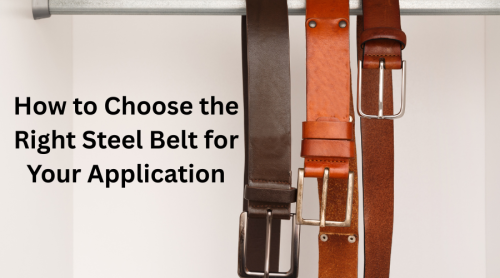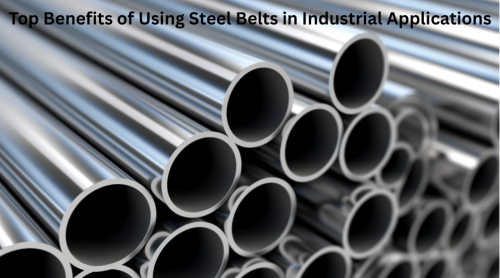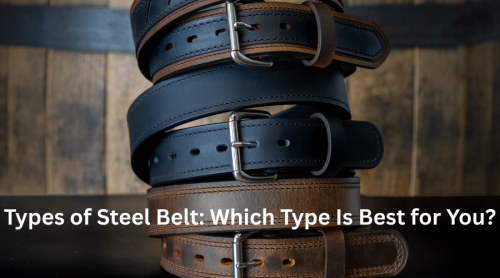By Admin
Leather belts are evergreen accessories that add support and value in clothing. All they need is some attention, and you can expect original leather belts to support you for a long time with classy looks. This is why we have some easy-care tips for all the people who struggle to keep up with expensive leather belts. It hurts a lot when one sees their belt deteriorating prematurely due to a lack of care. To avoid that pain and regret, here are some pieces of information that will help everyone. How Often Should You Clean a Leather Belt? It depends on your usage rate, environment, and lifestyle. However, using a soft dry cloth every week to clean the belt keeps it dust-free. There are two types of leather belt care: one involves using only a dry cloth, and the other consists in using a conditioner. People should use conditioner or leather-treating oil every three months or even every month to keep the belt in good form. It will prevent dryness and cracks on the leather. Here are some easy-care tips to help people keep their leather belts in excellent condition. There will be no cracks, creases, or dryness on the leather as long as they follow this routine. Apply Leather Conditioner or Neatsfoot/Mink Oil You can find leather conditioners in the market that will be an excellent choice for treating a leather belt. People who want to avoid premature damage to their belts use these products. Besides leather conditioners, you can find neatsfoot oil and mink oil. These two types of oil are the best choices for maintaining leather belts. All you need to do is take a few drops or wax particles of conditioner on a soft cloth. Then, apply it gently to the leather belt. Let it settle on the belt so that the leather can absorb it. Once the conditioner or oil penetrates the belt, you will recognize the distinction in the color of the leather. It will turn a little darker and shinier after it. Then shine it more by slowly brushing the surface of the belt with a leather cleaning brush. No Harsh Chemicals Never use harsh chemicals on your belt, either for shine or for perfuming. Alcohol products, such as perfume, are harmful to it. When applying perfume to your clothes, make sure you are not wearing a belt. Apply the perfume first, and then wear a leather belt. Likewise, do not clean your belt with even a mild soap or detergent. Removing Dirt without Harming the Leather If you think there is dirt or something that needs to be removed, this is what you should do. Use a mixture of water and soap, dip a clean cloth in it, and then gently rub the surface. Ensure the fabric is only slightly damp, as the surface of the leather belt should not be soaked with liquid. As soon as you clean the dirt, dry the surface with a dry cloth or use a blower to slightly heat the surface. Avoid using intense heat, as it can damage the leather. Once the surface is clean and dry, apply leather conditioner to the belt. It will protect the leather from dryness and cracks. Protect From Dust, UV Rays, and Moisture Likewise, you will have to protect the leather belt from dust and moisture. The storage place must be covered and closed. Protect the belt from dust and also from UV rays. Dust will cause the leather to dry and harden, leading to cracks. The UV rays will have the same effect. The same problem occurs with moisture, which can completely ruin the leather. Moisture will leave mold and fungi on the leather, which will destroy its surface. You will need to discard it in most cases. That’s why you will have to place it somewhere dry and safe. Any existing mold in the wall where you store your belts will ruin them faster than you think. No Long Gaps in Oiling or Conditioning Routine Do not delay the conditioning because the longer you wait, the more your belt will get cracks. They will age faster if you make long gaps in the oiling or conditioning routine. Try to use leather oil every two to three months, depending on your lifestyle. If your outdoor activities are high and your belt frequently faces UV rays and dust, you should apply conditioner once a month. Prevent Cracks and Dryness If you notice cracks on your belt, use wax or leather oil to repair it. Frequent use and scratches from objects leave scars on leather. You will have to treat them right away to avoid larger damage. Excess dryness can cause creases on the leather belt. You will have to use a mink oil or leather wax to fill that crack or scratch. Then, use a soft cloth to smooth the surface gently and even out the leather tone. Tight Rolling Can Cause Creases Never tightly roll your leather belts, as this can cause creases. The more you tightly roll them, the more damage they will get. Hang them instead, as it will take up less space and the leather will be free of creases. You can buy a special hanger for your cupboard to hang all the belts together, which will also help you pick them easily. Keep a Good Collection to Give Your Belts Some Rest Do not wear the same belt every day, as it will wear out prematurely. When you frequently wear a leather belt, especially in rough conditions like construction and factory work, leather faces more environmental threats. Instead, you can keep a collection of belts in different shades, which will give you a variety. Moreover, every belt will get some rest days, which will help you keep the leather in good condition. Conclusion The more you care for a leather belt, the longer it will last. Since genuine leather is made from animal hide, it requires routine care to maintain its integrity. Just like a human skin, it also needs oiling and protection from dryness, cracks, scratches, and harsh chemicals. To maintain a leather belt, follow these simple tips. Choose the right products, such as mink oil/conditioner/neatsfoot oil, and a leather cleaning brush for that purpose. If you keep them polished every month or at least once every three months, it will be enough. FAQs How Many Years Does a Leather Belt Last? A leather belt can last anywhere from six months to five years or more. It depends solely on the quality of the leather, the care routine, the environment, and the usage level. How to Know If a Belt Has 100% Leather? Typically, sellers provide details on the tag and often include a sample piece of leather with a matching tag. However, you can try these ways to test if it is 100% leather or not. Genuine leather will have an uneven texture, an earthy smell, water absorbability, and some flexibility. Why Do Some Leather Belts Peel? Fake leather or PU leather tends to peel after some time.





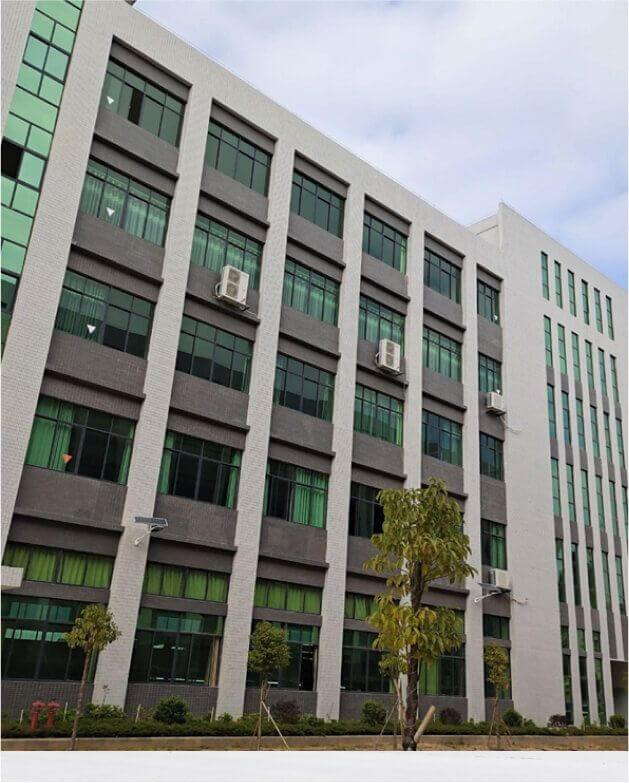




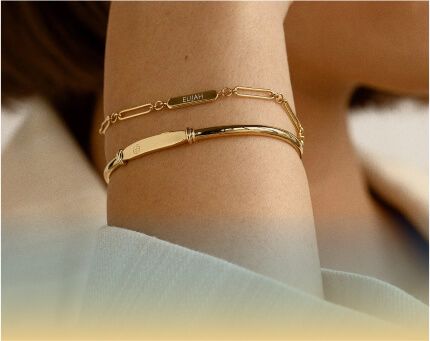
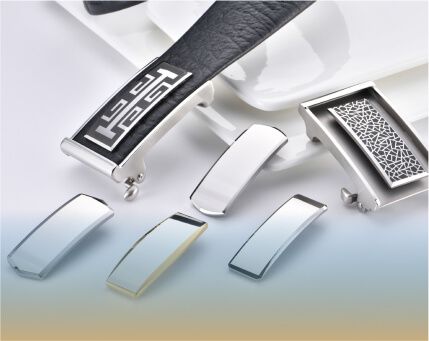


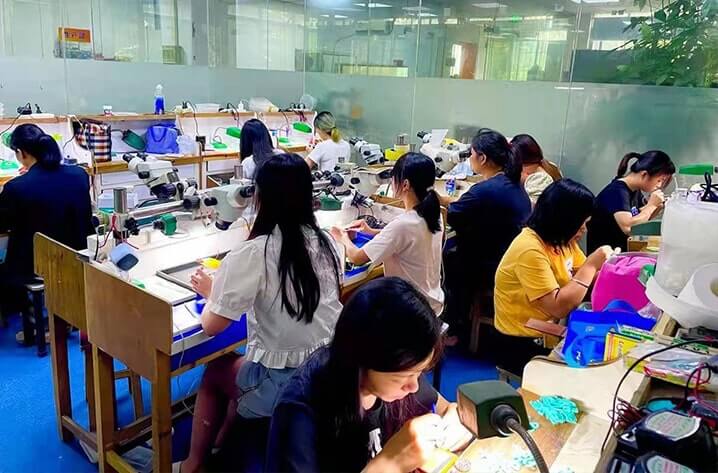






 David N.
David N.
 Shawn L.
Shawn L.
 Michael T
Michael T

